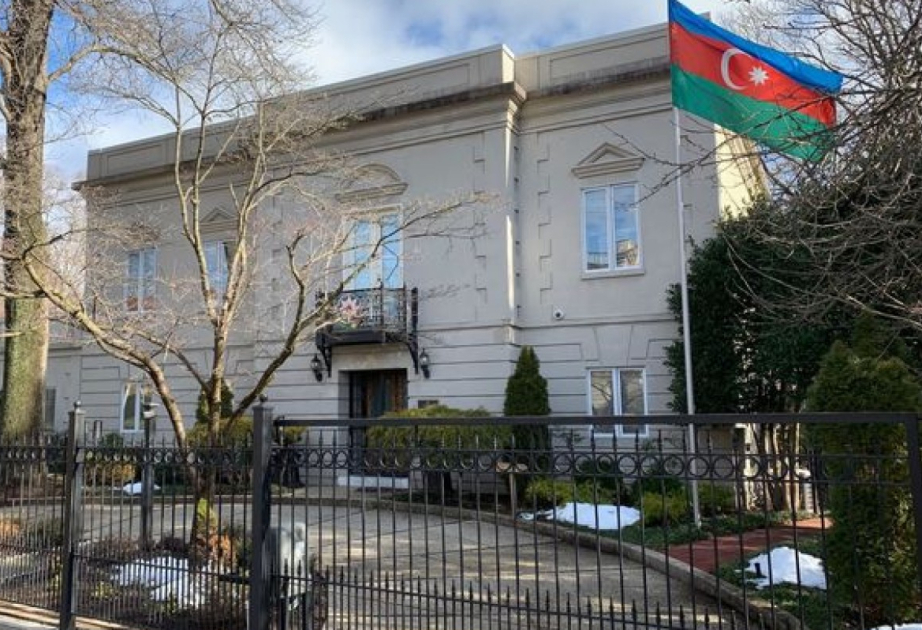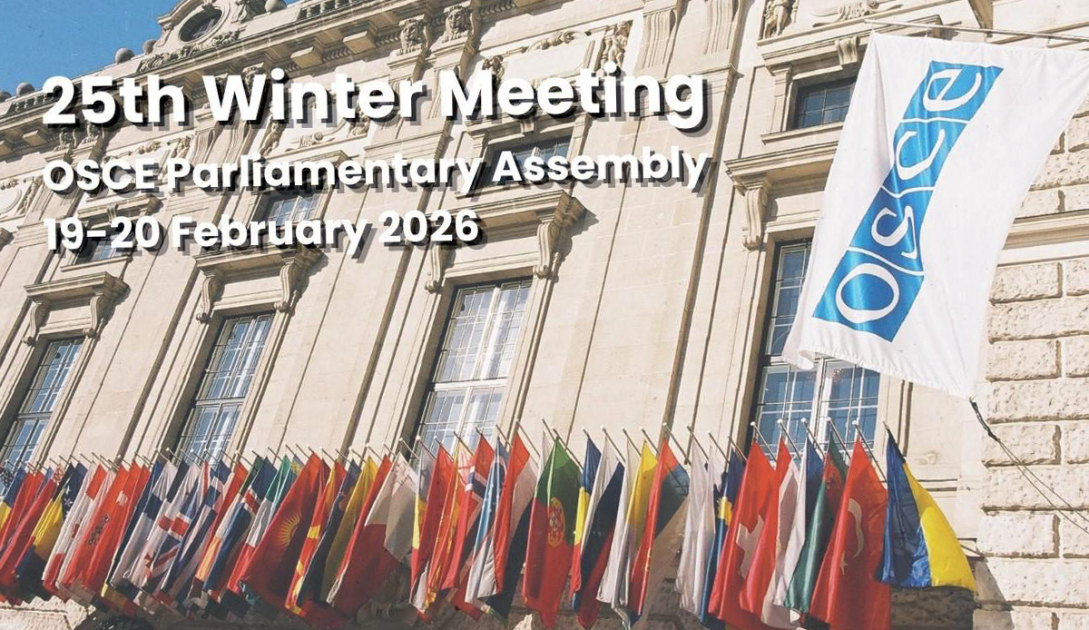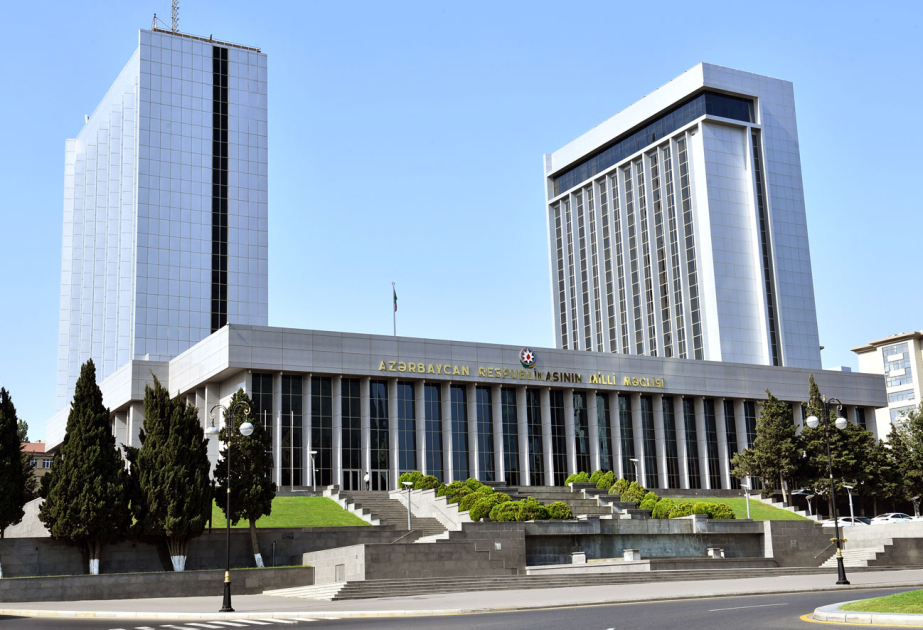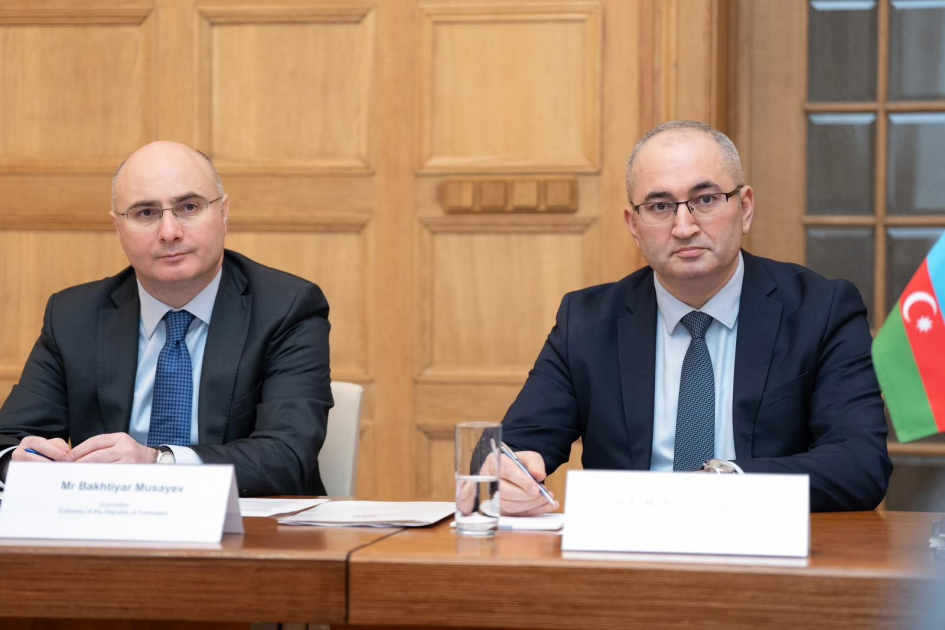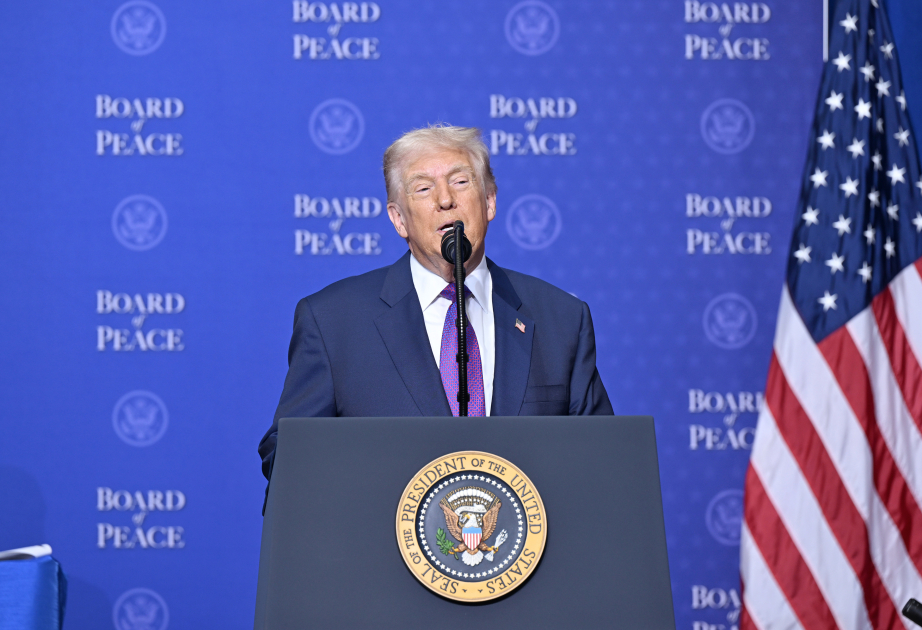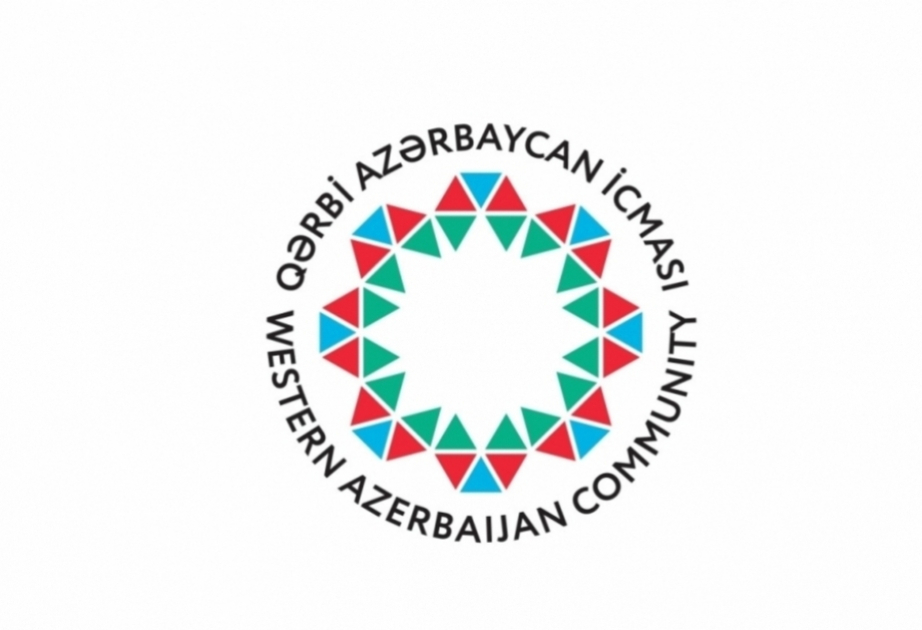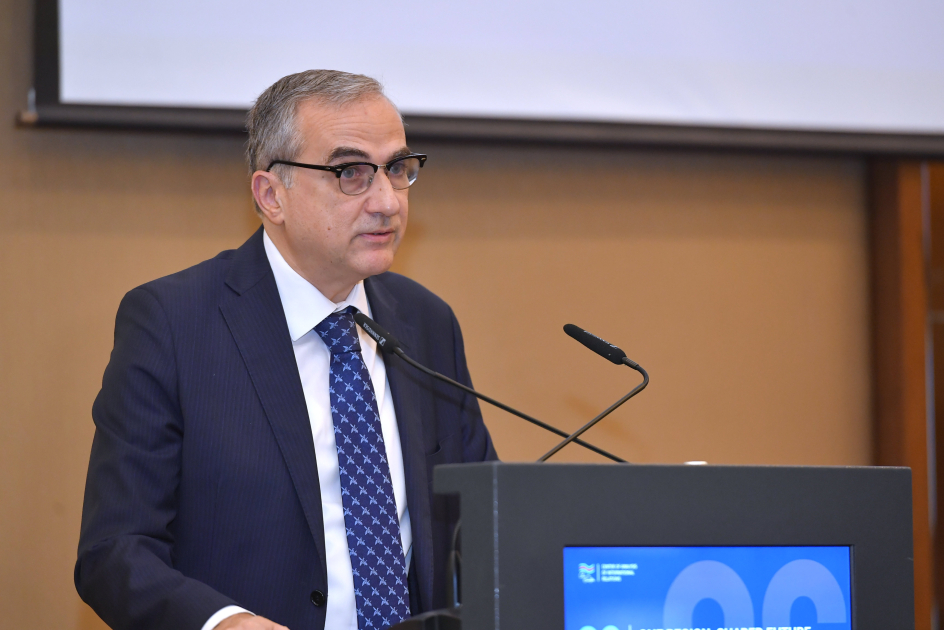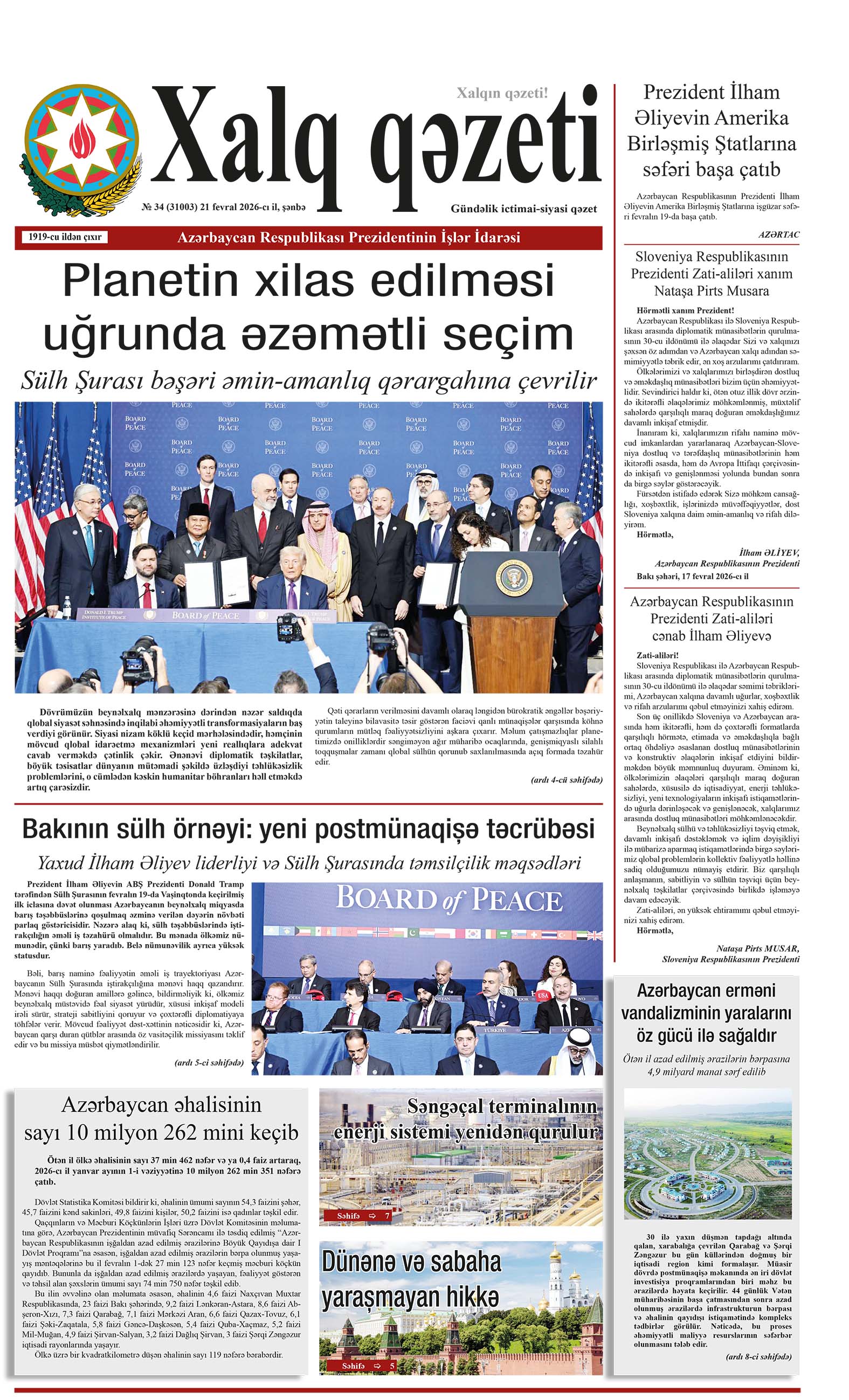Last week was good for US stock funds. So, during the week, international investors invested more than 12 billion dollars in the stock market. Investors increase the share of such investments in the hope that the economic situation in the United States and the financial performance of American companies will improve further. Due to higher geopolitical risks, interest in emerging market funds is declining. For example, the new sanctions packages announced against Russia last week lowered the Moscow Stock Exchange index.
The latest data from the company "Emerging Portfolio Fund Research" (EPFR) shows that international investors have started to actively increase their investments in the US stock market. Investors poured $12 billion into such equity-focused funds in the week ending Feb. 21, the best since late December last year, according to reports from Russia's Bank of America. This is three times more than the number recorded a week ago. Already on February 9, the S&P 500 index exceeded 5000 points for the first time in history and reached 5026.61 points. The annual increase of the S&P 500 index was 22.58 percent on February 9, according to the S&P Dow Jones Indices. Economists note that since the existence of the international financial system, there has been no increase in capitalization of stock markets in terms of dollars. According to calculations, from October 27 to February 7, 2023, the market capitalization of the United States increased by $9 trillion, which is the strongest increase in its history for 103 calendar days.
Data on the US economy is helping to improve investor sentiment. In the fourth quarter of last year, the country's GDP grew by 3.3 percent (year-on-year), while analysts expected a growth of only 2 percent. At the end of the full year, the US economy grew by 2.5 percent, which is 0.6 percentage points higher than in 2022. The ongoing reporting season adds optimism to investors. According to FactSet, 75 percent of companies that have already reported beat analysts' earnings per share estimates.
But investor interest in emerging market funds has declined for the second week in a row. Last week, clients of Chinese funds invested $2.7 billion, which is 10 percent less than a week ago and 8 times less than two weeks ago. Net inflows across all categories of equity funds in developing countries also fell eightfold in two weeks to $2.5 billion. According to analysts, the decline in interest in Chinese stocks may be due to political factors, as the possible victory of Donald Trump in the presidential elections is highly likely to lead to the intensification of the US-China trade wars.
Despite the isolation of the Russian stock market, the expansion of Western sanctions last week had a strong negative impact on it. At the end of trading on February 22, the index of the Moscow stock exchange was 3142.3 points, which is 3 percent lower than the closing value of the previous Friday. Thus, the Moscow Stock Exchange has lost most of its gains since the beginning of the year. According to Russian analysts, managers are cautious about the prospects of the Russian stock market in the coming months. It is predicted that despite the relatively stable situation in the commodity market, it is impossible to expect a significant flow against the background of worsening sanctions pressure from abroad.
S. ELAY
XQ


.jpg)

